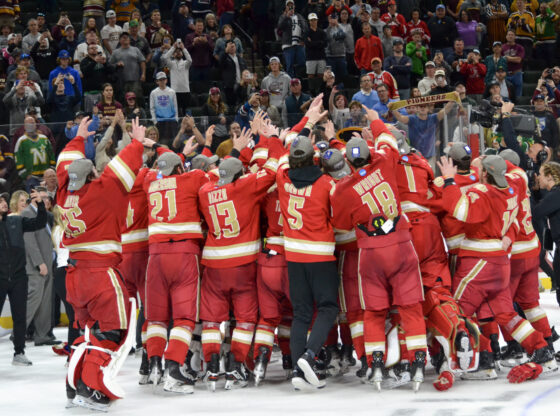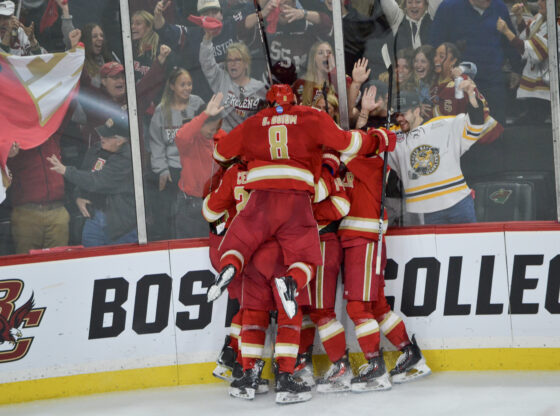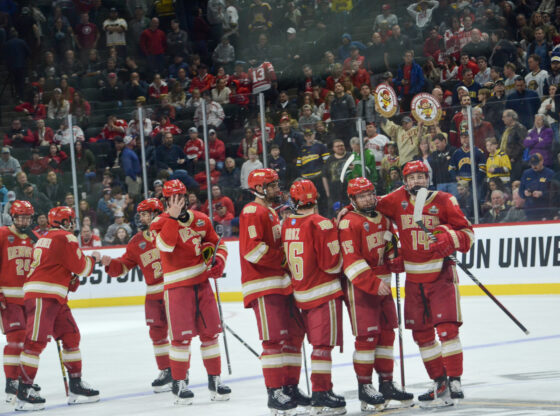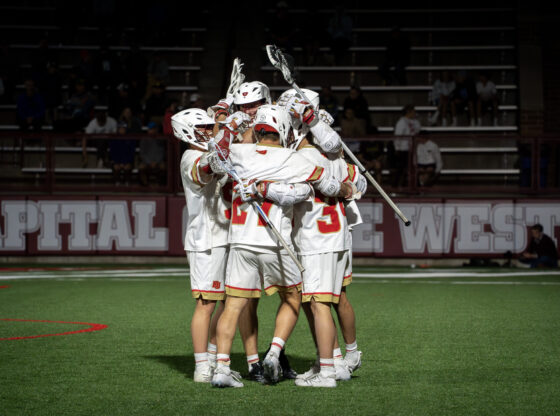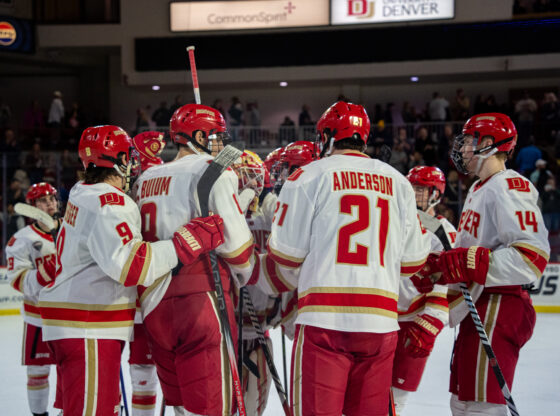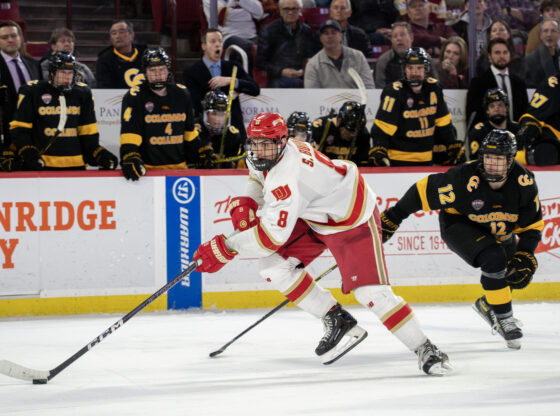The Premier League’s top clubs have developed an earth-shattering proposal in lieu of a government bailout. The deal, originally reported by Sam Wallace in The Telegraph, has been named “Revitalization” by its assumed main contributors: Liverpool F.C. investor John Henry, Manchester United F.C. co-owner Joel Glazer and Chelsea F.C. Chairman Bruce Buck. The proposal was rejected unanimously by The Premier League this past Wednesday, but its terms were highly controversial.
The following were some of the more contentious parts of the plan:
- It would reduce the Premier League from 20 to 18 clubs.
- The EFL Cup and Community Shield would be eliminated.
- Special voting powers would be given to the “Big Six,” Everton, Westham and Southampton. This would allow them to make sweeping changes even if only six out of nine approve.
- It would immediately provide £250m to struggling EFL teams.
- A club that ends a season 16th in the Premier League would replace the sixth-placed Championship club in the EFL play-offs.
- The Premier League would consign 25% of its future revenue to the EFL.
The proposal came at a desperate time for English sports. Clubs lower down on the financial ladder have been struggling to survive without fans. Macclesfield Town F.C, a club originally founded in 1874, recently went bankrupt as a result of the COVID-19 pandemic. The club had been far from financially stable before the pandemic, and with its onset, Macclesfield Town F.C. struggled to pay its players.
In an interview with The Guardian, Macclesfield Town player James Pearson recounted what it was like playing for a team in such financial ruin. “In League Two, a lot of players live month to month,” Pearson said. “When you’re in a dressing room and you see important players breaking down in tears two days before a game, it’s hard. The longer it went on, it was starting to affect people at home and if things aren’t going right at home, how the hell are you supposed to play football on a Saturday?”
While the proposal’s monetary support would have come too late to save Macclesfield Town, it would have been just in time for many other League One and League Two teams in the same position. The pecuniary backing, however, was not the only piece of this plan.
Many sports journalists and government officials have come out against other aspects of the proposal.
The New York Times spoke with a British government spokesperson who expressed their animosity for the plan, calling it a “backroom deal” and saying it would “create a closed shop at the very top of the game.”
The government’s opposition to this plan is due to the large level of exclusivity surrounding the deal. The proposal was concocted behind closed doors by the “Big Six” clubs: Manchester United, Liverpool, Chelsea, Arsenal, Spurs and Manchester City. The deal also includes Everton, West Ham and Southampton, but Guardian journalist Barry Glendenning claims they were little more than “useful idiots” strung along as public relations pieces rather than integral members.
Glendenning refers to the exclusive voting rights given to the top six clubs as well as the changes being made to the game itself. “It’s the rich clubs taking advantage of the vulnerability of poorer clubs in a time of crisis,” said Glendenning.
Some fear the polling structure proposed by the plan would secure the places of the current best six clubs in The Premier League. They fear that by cementing the top six, the league would crush the aspirations of lower teams.
“What I find so worrying is the creation of the top six elite status,” said journalist Ellis James. “In my lifetime Nottingham Forest, Aston Villa and probably Everton as well have been Europe’s best teams. The top six over the last 30-40 years has been very fluid, and that is part of what makes English football so great.”
The government and press’s concerns were alleviated after the rejection of the proposal by Premier League shareholders. By rejecting the plan, the Premier League recognized its strengths. In a statement for the press, the Premier League promised to work on a new plan that includes all premier league clubs in the discussion and helps to ensure a “vibrant, competitive and sustainable football pyramid.”
While the dismissal of the plan is thought to protect the longevity and fluidity of the game, clubs in a position similar to Macclesfield Town may not survive long enough to benefit.



